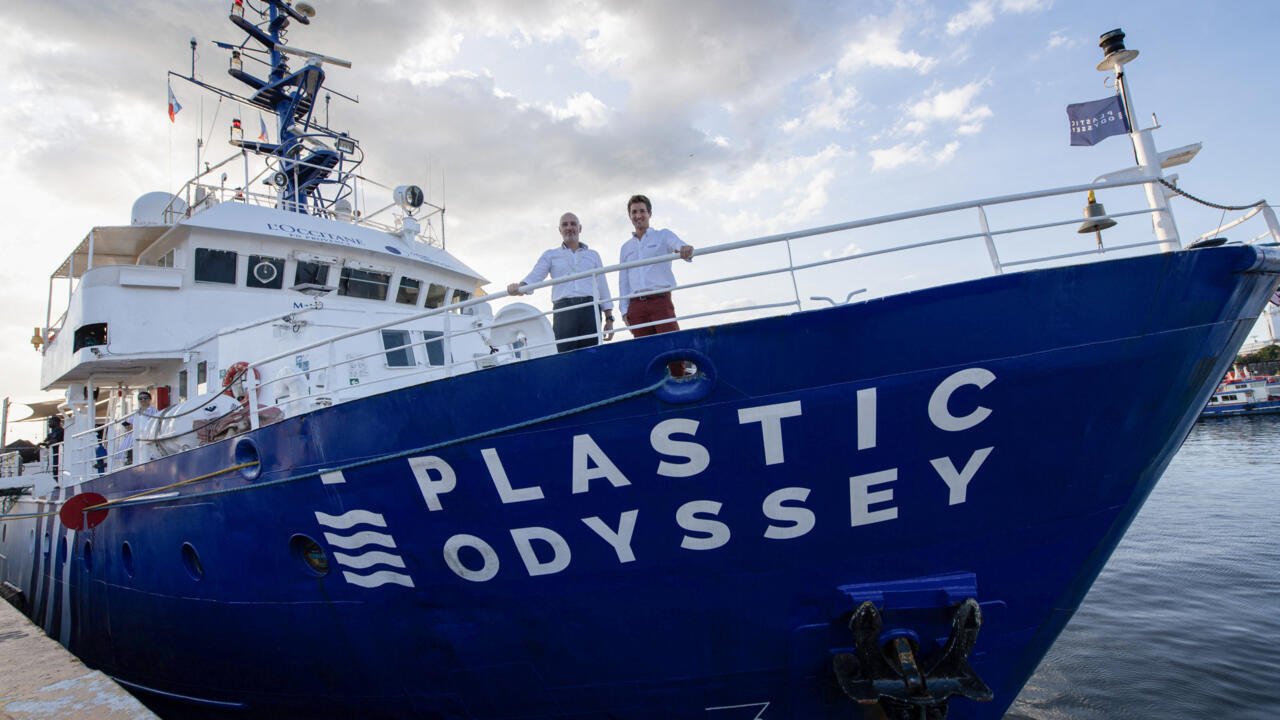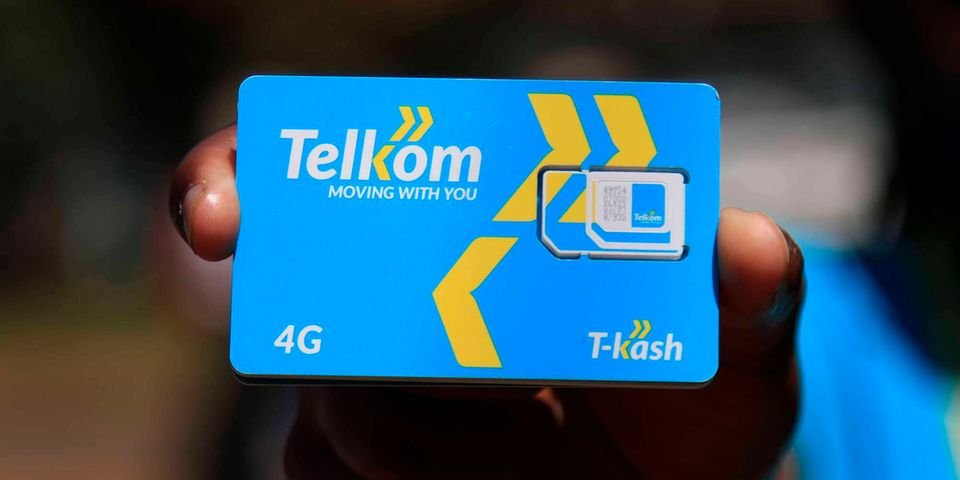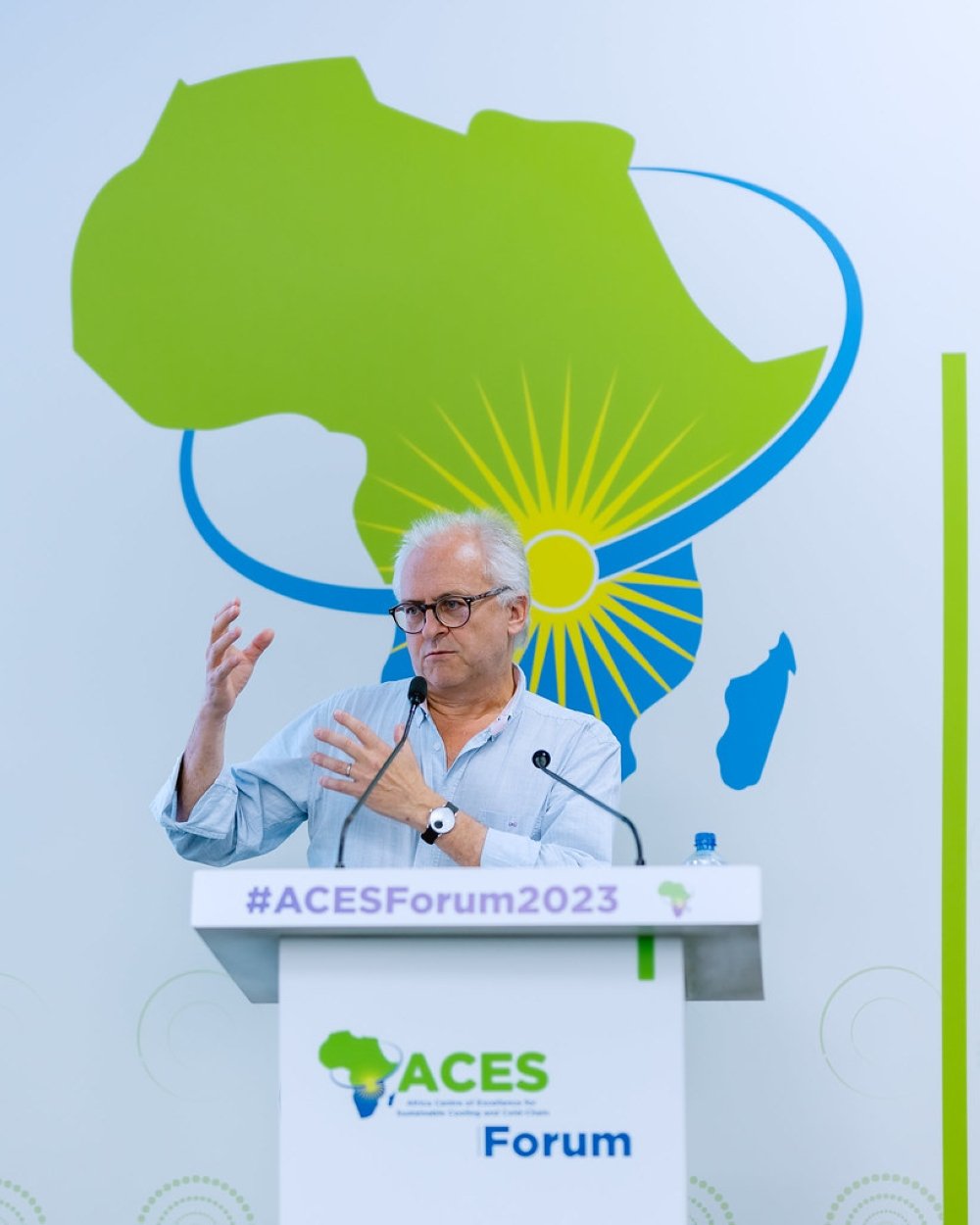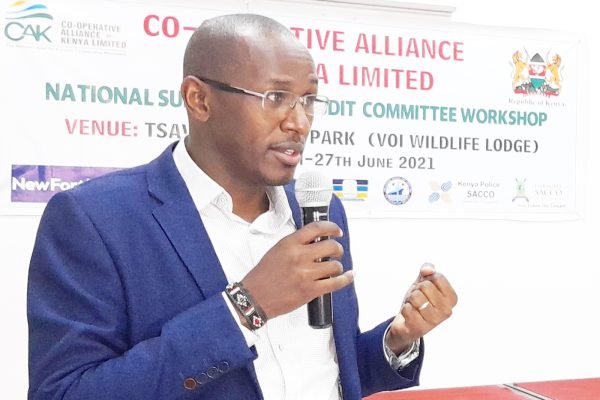|
Getting your Trinity Audio player ready... |
In Mombasa, an extraordinary ship has docked with a powerful message: plastic waste is not just trash it can be a resource. Known as Plastic Odyssey, the vessel is on a worldwide expedition showing communities how to transform discarded plastics into usable products and fuel.
Onboard, the ship is equipped with workshops and technology that turn this vision into reality. Machines shred, melt, and reshape plastic into useful materials like bricks, tiles, and pipes. More advanced equipment, such as pyrolysis units, even convert non-recyclable plastics into fuel, producing liters of usable energy every hour. It is a striking demonstration of what is possible when innovation is applied to one of the world’s most pressing environmental problems.
The stop in Mombasa is not just a routine port call; it carries real significance. The city has been working to green its port operations, promoting better waste management, cleaner equipment, and mangrove restoration. The arrival of the Plastic Odyssey adds momentum to these efforts, offering hands-on workshops and community engagement that help residents see waste differently. For local entrepreneurs, students, and community groups, the ship provides a living classroom that blends science, creativity, and practical solutions.
This mission is as much about mindset as it is about technology. By turning plastic into something of value, the ship challenges the way societies view consumption and disposal. The journey it is making around the world from West Africa to South America, Asia, and now East Africa—reminds us that plastic pollution is a global problem that demands local solutions.
Of course, challenges remain. Scaling these innovations beyond a single ship requires investment, supportive policies, and community buy-in. But the lesson is clear: with the right tools and imagination, what looks like waste can become a lifeline fuel for a car, materials for a house, or income for a family.
The Plastic Odyssey may only be in Mombasa temporarily, but its impact could last much longer. It is a symbol of possibility, a floating reminder that the battle against plastic pollution can be fought not just by reducing waste, but by reimagining what waste can do.








